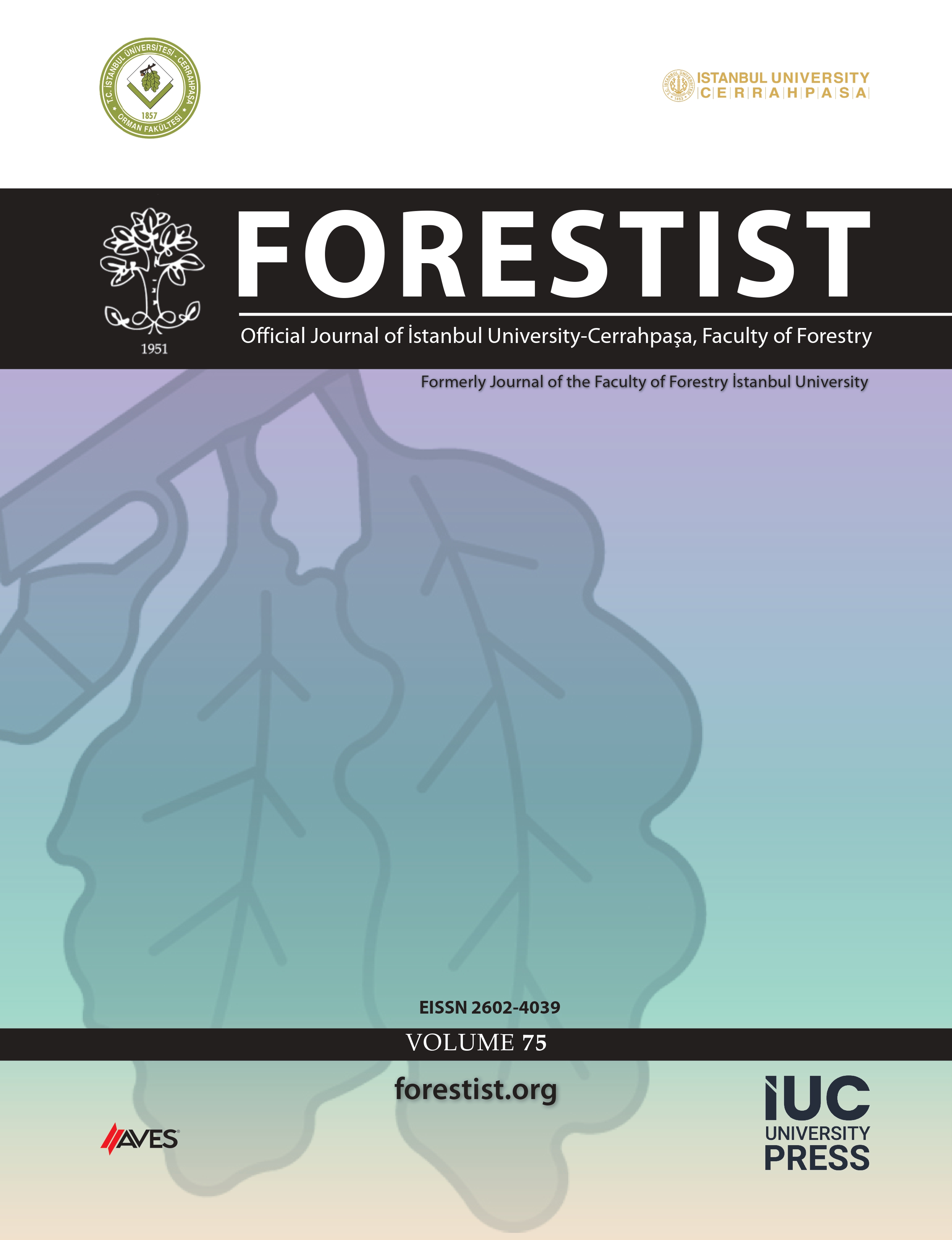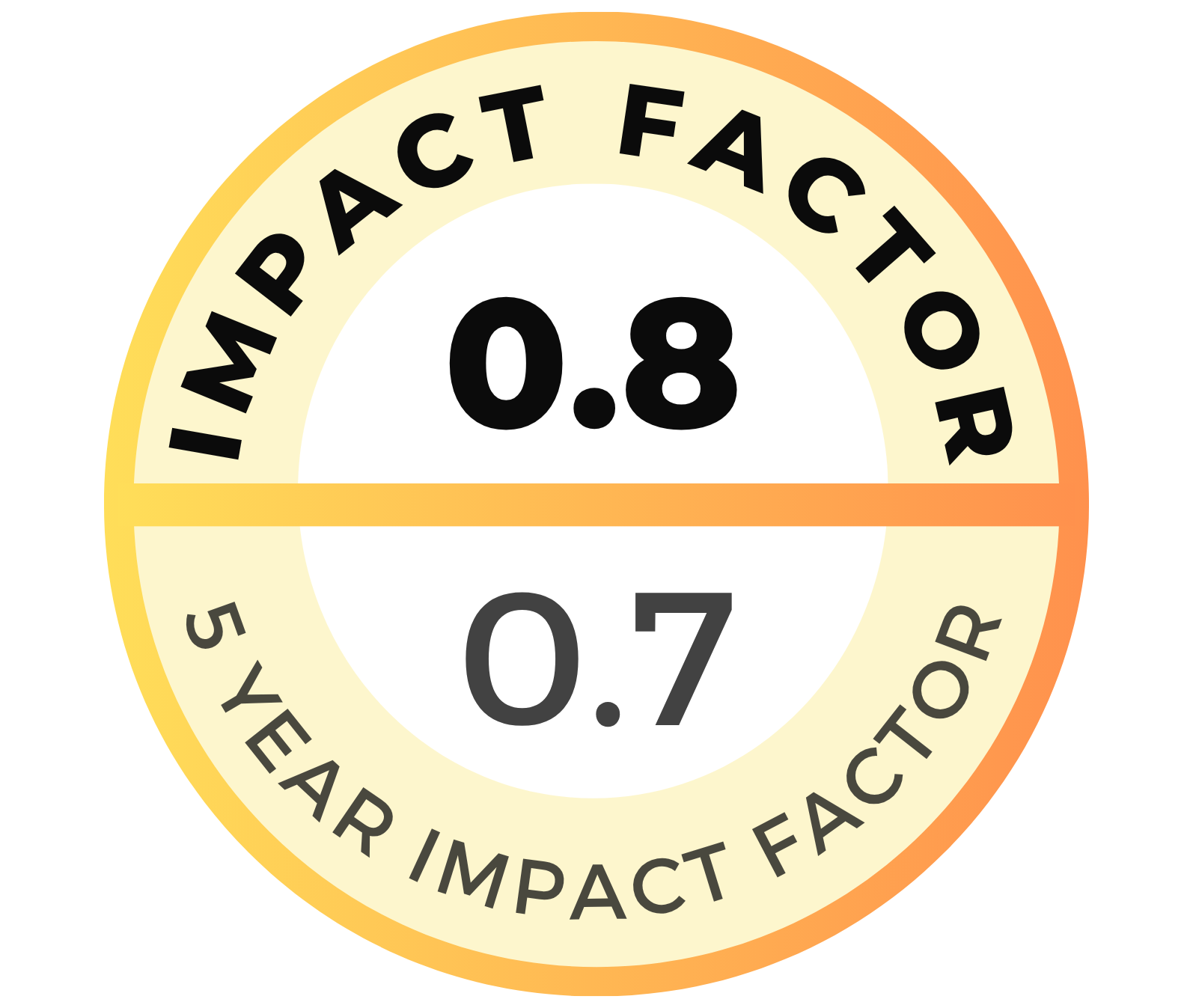Afforestation has been conducted for preventing desertification in the desiccated Aral Sea Bed. The present study aimed to investigate the changes in topsoil properties and enzyme activities owing to vegetation establishment. In August 2017, soils were sampled from degraded area devoid of vegetation (DA), areas afforested in 2002 (P1) and 2013 (P2), and naturally vegetated area (NA) in the northern part of the exposed Aral Sea Bed. Soil water content, pH, electrical conductivity, total N and organic C concentrations, exchangeable cation concentrations (K+, Mg2+, Ca2+, and Na+), available P (P2 O5 ) concentration, cation exchange capacity, and enzyme activities (acid phosphate, N-acetyl-glucosaminidase, and β-glucosidase) were analyzed in the topsoil up to a depth of 10 cm. Soil water content, total N and organic C concentrations, K+ and Mg2+ concentrations, and enzyme activities were higher in P1 and NA than in DA. Moreover, no significant difference was found between P1 and NA in soil water content, total N and organic C concentrations, and some of the exchangeable cation concentrations. Our findings indicate that vegetation establishment increased the soil organic matter which is strongly associated with soil water content, organic C concentration, and overall soil fertility. The effects of plantation on soil amelioration are similar to those of natural vegetation in the long-term (15 years). Moreover, soil enzyme activities increased with rise in soil water content and total N and organic C concentrations in both vegetated areas (P1 and NA).
Cite this paper as: An, J., Kim, S., Chang, H., Khamzina, A., Son, Y., 2018. Vegetation establishment improves topsoil properties and enzyme activities in the dry Aral Sea Bed, Kazakhstan. Forestist 68(1): 1-6




.png)
